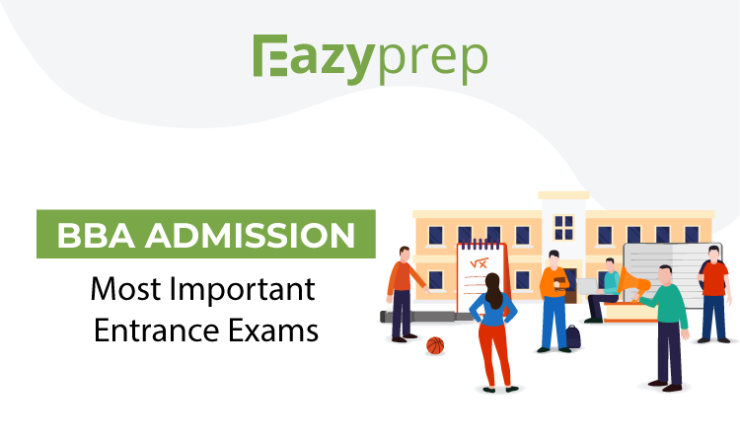![]()
Studying for a longer duration of time might work for some and might not work for others. But it is always advised that to prevent burnout and fatigue from studying, have efficient breaks. Here we present a systematic approach to why exactly breaks are important for you and how to study with appropriate breaks.
Benefits of taking a break
1. It allows you to move your body
The famous book of Yuval Noah Harari, Sapiens, describes the earliest habit of humans. Humans would generally move around either in search of food or for hunting. The essential part to focus here is that movement is quite natural for humans. Sitting for long hours can lead to pain in your body. Hence it is advised to take regular breaks while studying.
2. Increased creativity
Taking breaks is crucial for increased creativity levels. Our alertness tends to follow a 90 min cycle after which it falls off. Taking a break restores that alertness back. This is the reason you will find many people say that study maximum for 90 minutes at a stretch and then take a break.
3. Improves concentration and productivity
Taking breaks positively impacts your concentration level. It lets you become more focused and refreshed which leads you to your productive state. So the next time you find yourself low on concentration, just take a short break.
4. It allows you to be creative with your daily to-do lists
So here’s the catch! While making an everyday to-do list of the tasks for the day, just plan out your study breaks as well. This will let you focus more and just let you have something to look forward to. This way you can study well and have a little fun during breaks.
When to actually take breaks
It is usually advised that after studying for 90 minutes you should ideally take a 10-minute break and then again follow a 90-minute study session. Some people advise studying for a 25-minute session. But this is really up to you. You must study and take breaks according to your needs and study methodology. You can also take a break if you:
- feel you have been studying for too long
- feel bored and lethargic
- can’t seem to understand any topic or focus
- are stressed or exhausted
How to take efficient breaks
Now that you know the importance of breaks and when to actually take them, let us give you some tips on how to have an efficient study break. The following are just some of my favorite ways of taking an efficient break.
- Doing some light stretching or yoga
- Doodling or sketching
- Reading a novel, book or poem
- Listening to music
- Going for a walk outside
- Taking a relaxing bath
- Making something for me like a snack or a cup of tea
- Taking a short 20 minute nap
Some things to avoid
Taking breaks is wonderful for your brain to function properly and it rejuvenates you from the core, but it is important to keep in mind that you must not extend your study breaks. Also, there are certain things that might ruin an efficient break. Keep these points in mind:
- After 3 or more study sessions, surely you will need a big break of an hour or so. But don’t let the short breaks be more than 20 minutes
- Avoid watching TV or playing video games during your study breaks
- Do not, I stress, do not go on social media while taking a break
- Avoid snacking on junk food or unhealthy snacks during your breaks
So there you go! I hope these tips on how to take an efficient study break works well for you. Start planning your study breaks for that perfect study session!


